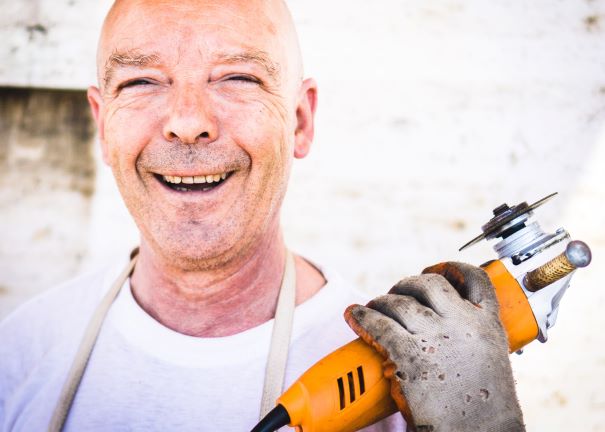 Recently in France, more than one million people joined a day of protests and strikes against plans to push back the age of retirement from 62 to 64. President Macron called the reforms "just and responsible" and said that France was facing a make-or-break moment.
Recently in France, more than one million people joined a day of protests and strikes against plans to push back the age of retirement from 62 to 64. President Macron called the reforms "just and responsible" and said that France was facing a make-or-break moment.
The government says the system is heading for disaster because the ratio between those working and those in retirement is diminishing rapidly. From 50 years ago there were four workers per retiree; the ratio has fallen to around 1.7 per retiree today and is likely to sink further in the years ahead.
Nearly all other European countries have taken steps to raise the official retirement age. In Italy and Germany the age is 67, Spain 65 and in the UK it is currently 66.
In opposition to the planned reforms, some 80,000 protesters took to the streets of Paris, with demonstrations in 200 more French cities. Strikes severely disrupted public transport and many schools were closed. Buoyed by their success, unions are calling for another day of action on 31 January.
As recently as November last year, National's leader, Christopher Luxon, committed to raising the age of superannuation from 65 to 67 should the party get into power despite a recent report from the Retirement Commission recommending the age stays the same. The report said the Commission had concerns that raising the age might disadvantage manual workers and groups with lower life expectancies, including Māori and Pasifika.
Mr Luxon said increasing the age would be done gradually and the party was giving people 15 to 20 years' notice. When asked, Mr Luxon was unable to say how much money a person living alone on superannuation was paid a week. But he said the amount and how they survived off it was a different issue.
Last year the Organisation of Economic Cooperation and Development's (OECD) survey of New Zealand suggested raising the age of superannuation as a long term measure to control government spending. In response the Minister of Finance, Grant Robertson, rejected the OECD's suggestion stating that the Labour Party would never increase the superannuation age "There's a commitment that we've made, a social contract if you will, with New Zealanders to make sure they have dignity in their retirement and support in their retirement”.
Mr Robertson said “I recognise there is a cost associated with that, but that is the priority decision that we make. As an economy I believe we can afford that." He said making it to 65 years can be tough for many New Zealanders, especially those in physically-demanding jobs. However, he said that he could not speak for future Labour governments.
The recent report from the Retirement Commission highlighted that Māori are currently negatively impacted by the current system. Māori on average die seven years younger than Pākehā, suffer higher rates of disease often at an earlier age. Income disparities lead to lower rates of home ownership, fewer savings or a lower KiwiSaver balance.
Age discrimination at work is also a very real fact. Even with laws to protect against discrimination it is still a very real problem for many. Around 72 per cent of women and 57 per cent of men between the ages of 45 and 74 report that they believe they have been discriminated against due to their age.
But where are we currently placed? The Retirement Commission reports that already, one third of New Zealand’s workforce is aged 55+. New Zealand has one of the highest rates of people aged 65+ still working at 24%. This compares to the UK rate of 10%, Australia 12%, USA 19%, Japan 20% and Iceland 35%.
It is estimated that the number of people aged 65+ still working will increase as our population ages. It should be remembered that they will continue to contribute to the economy through taxes and buying power.
New Zealand has a new Prime Minister. There is an election this year. Will the National Party continue to commit to raising the age of superannuation? It seems a safe bet that the Labour Party will commit to retaining the current superannuation age (at least for now). Read more...

